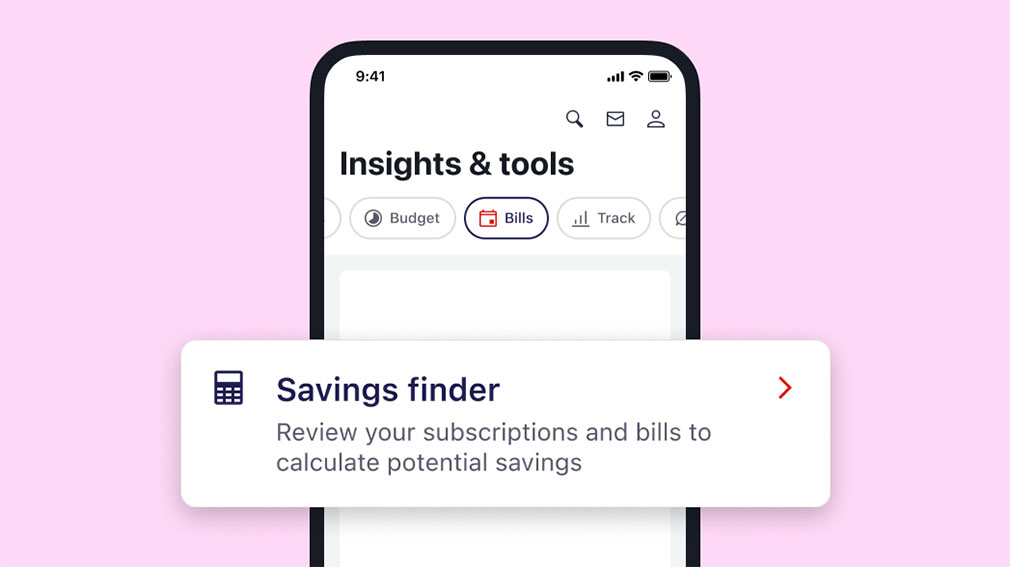MONEY TALK: Health and home top of mind for financial advisers

A pending rule change to the Commonwealth Seniors Health Card tops the list of questions financial advisers are asking BT's technical team. (Getty)
Taking a gauge of the questions financial advisers are asking us at BT offers a good insight into what’s on the minds of their clients.
Over the last three months, queries focused on upcoming rule changes to the Commonwealth Seniors Health Card and super contributions from the proceeds of a property sale.
Advisers regularly contact BT’s Technical Services team seeking clarity on topics relating to superannuation, tax and social security, to help them better inform their clients. The team receives over 2,000 phone and email queries from advisers every quarter.
The top five queries in the latest quarter reflect pending regulatory shifts that can present advice opportunities, as many clients may not be aware of how the rules apply to their circumstances. Advisers often ask us about their clients on a case-by-case basis because the rules can be complex.
Here's the top five:
1. Commonwealth Seniors Health Card
Topping the list were queries about an increase in the income threshold for eligibility for the Commonwealth Seniors Health Card, which is expected to take effect from September 20.
If approved by parliament, the income threshold for singles will increase to $90,000 from the current $57,761, while for couples, the increase is to $144,000, from $92,412 currently. Around 44,000 more Australians are expected to qualify for the card following the change.
Becoming eligible gives you access to valuable concessions, such as cheaper medicine under the Pharmaceutical Benefits Scheme. Your visits to the doctor can potentially be bulk-billed and you can receive a refund of medical costs when you reach the Medicare safety net.
2. Downsizers
More Australians who are selling their homes will soon be able to make downsizer contributions of up to $300,000 into super, with the eligibility age reducing to 55 years, from 60, pending legislation currently in parliament.
Advisers with clients who are about to turn 55, and are planning to sell their home, may consider the timing of the legislation, which is expected to pass and come into effect either on October 1, 2022 or January 1, 2023.
To be able to contribute proceeds from a property sale into their super, amongst other criteria, clients need to have owned their home for 10 years or more. A downsizer contribution doesn’t count towards any of the usual contribution caps, and is not subject to any super balance limit.
3. Home Equity Access Scheme
We’ve seen a pick-up in adviser questions around this scheme following recent changes which have made it more flexible, encouraging more senior Australians to participate.
The HEAS allows Australians who are of age pension age to enhance their income in retirement by accessing the equity in a property they own. Prior to July 1, an eligible person could only receive their loan amount as a fortnightly payment. Since then, lump sum advance payments are also an option under the scheme. Any lump sum is capped at 50 per cent of the participant’s maximum pension rate.
Alternatively, a scheme participant can split the loan between a lump sum and a fortnightly payment.
While the HEAS may suit some senior Australians, there are many considerations that should be weighed up. Using your existing property as security for a HEAS loan has the potential to impact on estate planning, with a HEAS loan to be repaid, so some Australians who are eligible may be hesitant about taking part in the scheme.
4. Super transfer balance cap set to increase
The total amount of super you can transfer into a tax-free retirement account is currently capped at $1.7 million, but that is expected to increase to $1.8 million from July 1, 2023.
The transfer balance cap is reviewed each financial year and indexation occurs in line with the consumer price index in $100,000 increments.
High net worth individuals who aren’t in a hurry to start a pension may want to hold off until July 1 to take advantage of the higher cap. However, it’s worth noting that with inflation reaching its highest level in over 20 years, there is a possibility that the Federal Government could make adjustments, such as freezing the indexation of certain caps and thresholds. Any change would generally become clearer closer to the end of the financial year.
5. Work test rules for super contributions
Application of the work test rules for seniors is consistently one of the most popular technical topics among advisers.
Generally, if you’re aged between 67 and 74, you can claim a deduction for a personal contribution if you’ve worked for at least 40 hours in any period of 30 consecutive days during the financial year in which the contribution was made.
Individuals in that age bracket who have recently retired may also be eligible to make personal deductible contributions to super if they meet certain criteria around their previous year of work and their total super balance.
As always, it’s important to stay on top of regulatory changes which can affect your investments. A good first step is to seek financial advice to check your options.
The information in this article is general information only, it does not constitute any recommendation or advice; it has been prepared without taking into account your personal objectives, financial situation or needs and you should consider its appropriateness with regard to these factors before acting on it. Any taxation position described is a general statement and should only be used as a guide. It does not constitute tax advice and is based on current tax laws and our interpretation. Your individual situation may differ and you should seek independent professional tax advice. You should also consider obtaining personalised advice from a professional financial adviser before making any financial decisions in relation to the matters discussed.




